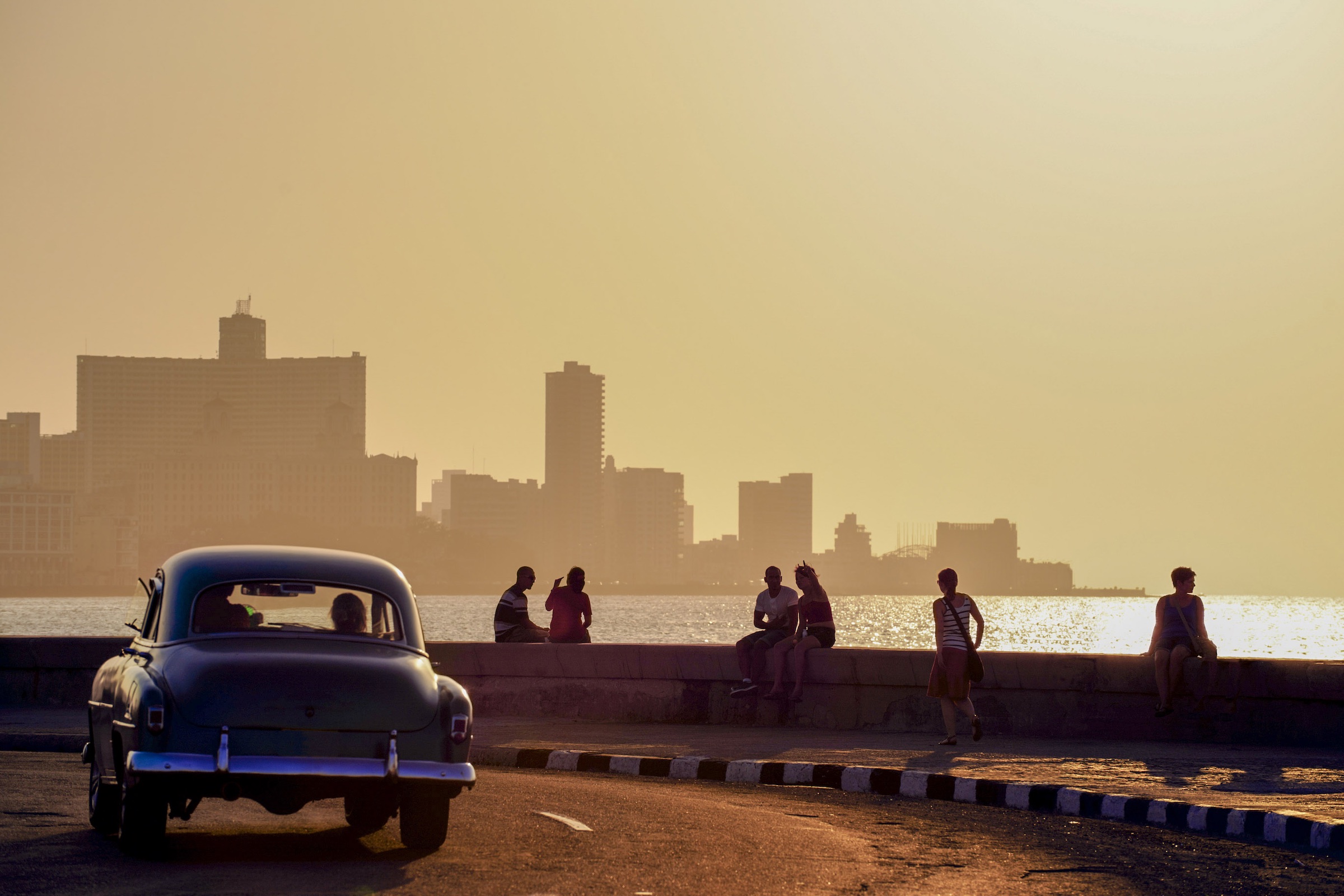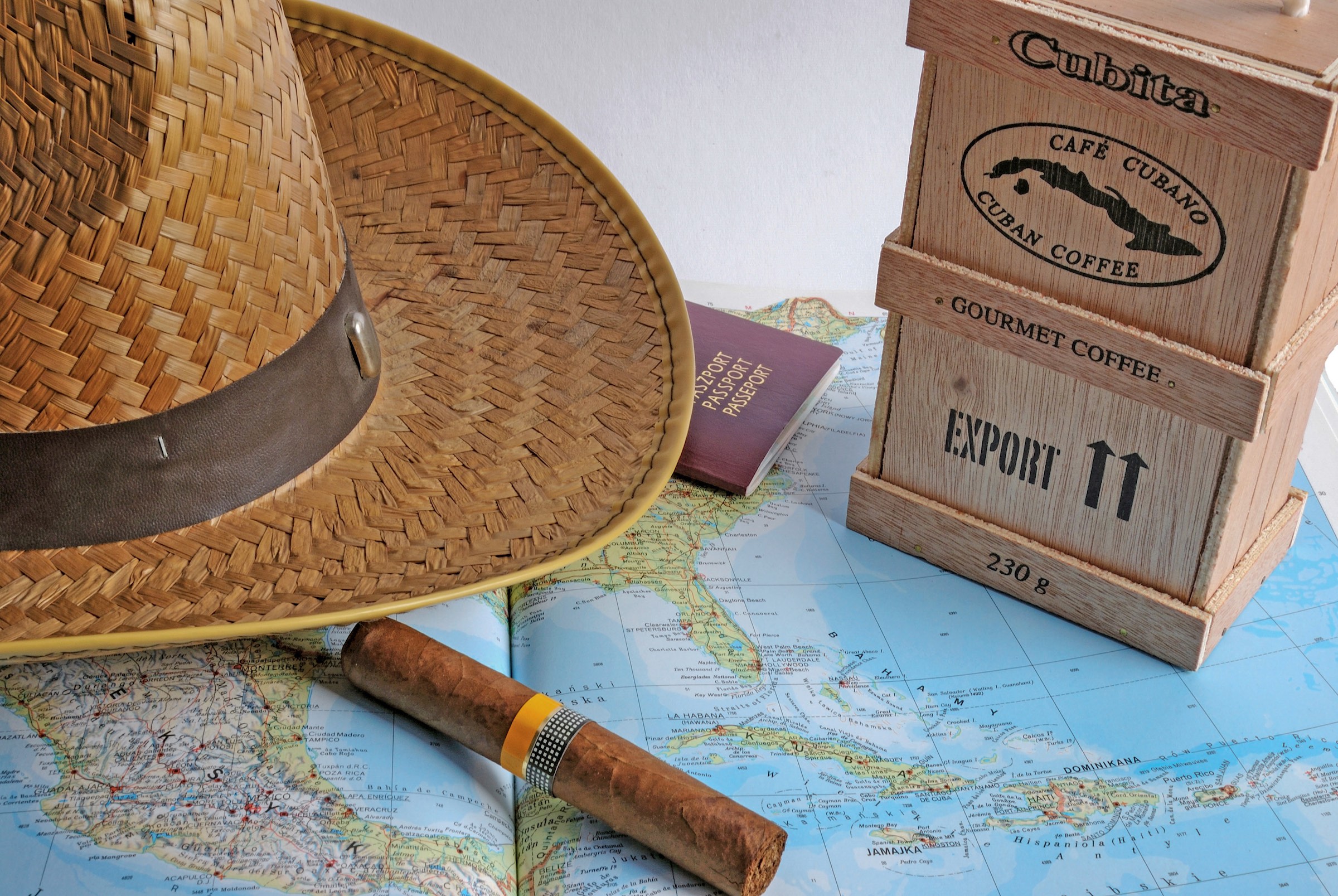Legal Travel to Cuba
Frequently Asked Questions
Frequently Asked Questions
About Legal Travel to Cuba
Am I allowed to travel to Cuba?
Yes. U.S. residents and citizens are able to visit Cuba, but there are several restrictions that must be followed to ensure you are authorized to travel to Cuba under the current U.S. economic embargo.
How can I travel to Cuba legally?
With Ker & Downey you will be traveling to Cuba under one of the 12 travel categories authorized by the Office of Foreign Assets Control (OFAC) of the Department of Treasury. Specifically, we provide tours that ensure you are compliant with the guidelines that have been created under the "Support for the Cuban People" general license category (CFR §515.574). This means you will have meaningful interactions and experiences with the people of Cuba in a way that helps them pursue freedom and share the vibrancy of their culture with Americans. You can review more about the regulations and requirements for legal travel to Cuba under the Support for the Cuban People category by visiting the following link.
What constitutes a full schedule of activities?
The U.S. Department of Treasury requires that U.S. residents and citizens traveling under the general license mentioned above participate in a full-time schedule of daily activities that support the Cuban people and strengthen civil society. In order to ensure you are compliant, and to meet Ker & Downey’s goals of positively impacting and supporting the lives of the Cuban people, your tour program is escorted by privately licensed professional drivers and guides. As such, we include most meals at independently-owned paladares and each day includes six to eight hours of tour activities.
What activities am I required to do?
Examples of some activities are: staying in private accommodations (casa particular), dining at a privately-owned restaurant (paladar), or buying from/working with self-employed Cubans (cuentapropistas). Ker & Downey takes their tours a step further by working mostly with self-employed guides, drivers, and operations support staff. Indeed, we coordinate many of the elements of each tour with individual Cubans in their homes. While traveling with Ker & Downey, you not only visit Cuba legally, but you engage more deeply with the people on a one-on-one basis.

Why can’t I do this on my own?
Perhaps the most difficult thing for the independent traveler to understand is why they cannot “do it themselves” in Cuba. First, the U.S. Government has a travel embargo still in place for Cuba. That has eased over the years to permit programs like those offered Ker & Downey, but the embargo remains in place prohibiting leisure travel. Visiting Cuba legally requires that you travel with an entity who falls under U.S. jurisdiction.
The safety and quality of your time in Cuba are our primary goals. We craft each tour to engage the Cuban people in a thoughtful, caring way. Furthermore, we vet every experience, driver, guide, restaurant, and team member working with your itinerary to ensure only the highest standards. Our team has built a network of privately licensed professionals in Cuba to ensure we not only meet the U.S.'s requirements but also, more importantly, provide an exceptional guest experience. Plus, it has allowed us to channel an overwhelming portion of your tourism dollars directly to the people of Cuba.
Please also note that there is a list of businesses which are prohibited for U.S. residents and citizens. Ker & Downey guides, drivers, and operational support staff also have this information on hand in Cuba to help you avoid any possible oversights.
Cuba is a tremendously difficult country to work with. It takes expertise to deliver on a promise of excellence.

Flights & Travel Requirements
How do I get to Cuba?
Many commercial U.S. airlines -- including American, Southwest, JetBlue, Delta, and United -- offer daily non-stop service from South Florida to Havana.
Do I need a visa to travel to Cuba?
Every visitor to Cuba will need to obtain an e-visa to enter the country. However, there is not a formal visa process, requiring you to send in your passport to complete an application.
Are there other requirements to visit Cuba?
Once you obtain your e-visa, all passengers arriving in Cuba must also complete an online customs and health declaration form within 7 days before they travel. (This video takes you through the steps on how to fill out the form. You will need to enter your flight information and e-visa number when prompted.) Upon submission of the electronic form, passengers will receive a QR code to present to Cuban health and immigration authorities when they arrive in Cuba.
Finally, there is one more requirement that is important for U.S. residents and citizens: You must keep an accurate record of all transactions conducted while in Cuba. However, the good news is that because Ker & Downey tour programs are relatively inclusive, you will only need to record those times when you spend money outside of the tour. Please note that you must maintain these records for five years. They may also be subject to review by U.S. Treasury Department or Customs when re-entering the United States. You will simply need to retain your Ker & Downey itinerary booklet and a Cuba travel expense log.
Health & Safety
Is Cuba safe?
Cuba is a very safe destination to visit. There is a sense of order from the communist era and a sense of community and togetherness in the locals that reminds many visitors of small town America.
Are there any COVID-19 entry restrictions?
Effective April 6, 2022, travelers will no longer be required to present a vaccination certificate or a negative COVID-19 test result upon arrival. However, Cuban health authorities will randomly select arriving passengers for COVID-19 screening, to include the collection of a sample for a PCR test. We also recommend that you bring all of your preferred health-related supplies with you: masks, hand sanitizer, pain relief medication, tissues, etc. All of these are nonexistent or very hard to find for purchase on the island.
Should I get any additional vaccinations before traveling to Cuba?
Cuba has one of the world’s best healthcare systems, readily available and free for locals. The island is also free of most diseases associated with tropical climates. The Center for Disease Control and Prevention (CDC) recommends that travelers protect themselves from mosquito bites. However, the island is not considered a risk country for hepatitis B, malaria, typhoid, or other tropical diseases.
Can I drink the water in Cuba?
Drink bottled water only. Water purchased at a kiosk or store will be cheaper than the water found at bars and restaurants. Most restaurants use treated water for ice.
Money & Logistics
What is the local currency in Cuba?
Cuba’s official local currency is the Cuban peso (CUP). However, US Dollars and Euros are widely accepted, and most places will give you a better exchange rate than the official conversion when using either of these hard currencies.
Also keep in mind, the Cuban peso is not traded outside of Cuba, so you won’t be able to exchange pesos into any other currency both while in and outside of Cuba.
How do I pay for things in Cuba?
We recommend that you bring enough cash to cover meal expenses, tips, evening entertainment, personal purchases, and a bit of emergency money during your stay. To be safe, we recommend $200 per person, per day, for short trips, and $150 per person, per day, for five or more nights. Bills should be in small denominations ($5, $10, and $20), and the bills should be without rips or marks.
Please note that several companies and locations will only provide change in Cuban Pesos (CUP), and you cannot exchange Cuban pesos back into international currency before leaving Cuba. This is especially true in the airport. For that reason, you should use small bills and exact change as often as possible.
Can I use my US debit/credit card for purchases in Cuba?
U.S. credit and debit cards are not yet allowed as a form of payment in Cuba, except for the COVID antigen test where this is the only form of payment accepted. Only a few government establishments accept other international credit cards. Therefore, please plan to take cash for your purchases, drinks, and meals.
What is the standard voltage in Cuba?
You may find 110V and 220V outlets, but some hotels will only have 220V. As a precaution, bring a small adaptor. The 2 prong plugs used in the US also work in Cuba.
Are toiletries provided at Cuban accommodations?
We recommend that you bring your own toiletries. These are not consistently provided by hotels/private accommodations.
If I want to bring gifts for the Cuban people, what would be most welcome?
Small gifts to locals are acceptable and welcome if you wish to bring any. But make sure to run it by your guide on what’s the most appropriate time and place to present them. Among the small things that are scarce and very welcome by Cubans are: over-the-counter pain relievers (Tylenol and Advil) and cold medicine, deodorant, razors, shampoo, body lotion, sunscreen, bug spray, socks, hats, underwear, vitamins, band aids, children’s toys, school materials, makeup for women, summer clothes, and raincoats.
Most recently revised January 2025. Please contact your Ker & Downey travel designer with specific questions about legal travel to Cuba.
